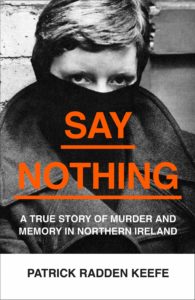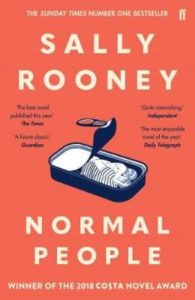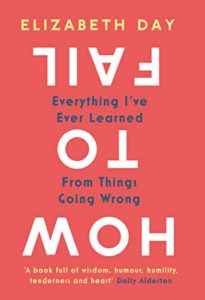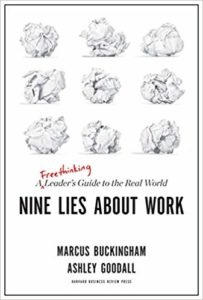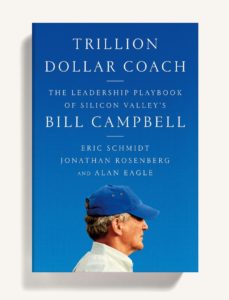Winter is coming, days are getting darker, leaving home isn’t getting easier. Whether you’re braving the commute or keeping warm indoors, Connor Daly recommends six books for the change in season. Including current affairs, business, and fiction, most were released in 2019. Hopefully there’s something for everyone – if you have your own recommendations, let us know. We’re on Twitter @NorthernSlant.
Say Nothing: A True Story of Murder and Memory in Northern Ireland – Patrick Radden Keefe (non-fiction)
Amazingly written, captivating, and tragic in equal measure, on so many levels Say Nothing reads like a thriller novel. New Yorker staff writer Radden begins with an account of the disappearance of single mother of 10, Jean McConville by the IRA, and continues throughout the book with the agonising search for her body. He also describes the reckoning that the conflict had on perpetrators of violence. Keefe impeccably captures the wider picture – the onset of the Troubles, the passions which drove individuals to murder and communities to look the other way, the Good Friday Agreement and personal, moral torture that continues to haunt actors on all sides of the conflict.
Normal People – Sally Rooney (fiction)
Normal People is a page turner if there ever was one. It’s the story of Connell and Marianne, both from two very different backgrounds in the same town in the west of Ireland, with very different personalities. Still, despite where life takes them, they keep managing to fall into each other’s company. It’s a simple but mesmerizing read, the dialogue constantly flows thanks to a complete absence of quotation marks (all he said, she said). I’ve never flown through a book so fast.
How to Fail: Everything I’ve Ever Learned From Things Going Wrong – Elizabeth Day (self-development)
Sad, thought-provoking, uplifting – Elizabeth Day’s list of failures is wide-ranging. If you enjoy these kinds of books then lessons around work, friendships and failing in your twenties, you’ve probably read elsewhere. It was later chapters, reading the raw female perspective on self-perceived failures that made me reflect on what matters to all of us in life, and the impact which things not turning out as we’d planned can have. Day shows we can learn and make the most of almost any setback. Divided into clear chapters, it’s easily picked up and put down, and enjoyed in your own time.
Working – Robert Caro (non-fiction)
Perfect reading if you’re interested in investigative journalism or storytelling – Robert Caro, who’s averaged a book a decade, shares essential tips of the trade. His previous works – a biography of Robert Moses who was (in)famously the most powerful man and builder of his time in New York despite not having held public office, and four volumes on former US President Lyndon Johnson – have pretty much received universal acclaim. It’s amazing to read how for a long time he felt almost shame when asked had he not finished his first book yet (he did years after the initial deadline), to later take confidence in the knowledge that the pursuit of truth, the capability to make readers see the grandeur and majesty of political events and battles in American history, and get to know the personalities underneath, is worth the wait. His advice to “turn every page” is applicable to all writers, and his mission to help others understand the realities of the political process important to all of us who value democracy. His own story inspires us that hard work can pay off.
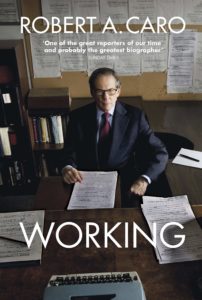
Nine Lies About Work – Marcus Buckingham and Ashley Goodall (Business)
If, like me, you’ve lost count of how many graduate job rejection letters you received thanks to ‘everyone must be well-rounded’ competency-based interviews, you’ll enjoy this challenging look at how companies recruit, rate, elevate and fail to retain employees. Do people really care which company they work for? The certain perks and prestige that attracted them might not keep them there. Do people really need feedback? As times and the generation of employees have changed, so have their expectations. Easily relatable, helped by thought-provoking analogies, at the very least you’ll benefit from challenging the ways workplaces have traditionally done things.
Trillion Dollar Coach – Eric Schmidt, Jonathan Rosenberg and Alan Eagle (Business)
Work the team, then the problem; believe in people more than they believe in themselves. There’s a lot of great practical advice here from three authors who observed the late Bill Campbell, a former executive at Apple and CEO of Intuit who mentored some of the world’s most successful entrepreneurs. They refer to him as “Silicon Valley’s best-kept secret”. They see this less as a self-help book, more of a guide to bring out the best in others – the anecdotes throughout do well to remind us that coaching is just as suitable to employees, colleagues, and even sometimes bosses as it is to athletes and entertainers. There are useful tips for anyone wanting to work with and lead teams better, or considering leaving roles and wondering what to do next.

